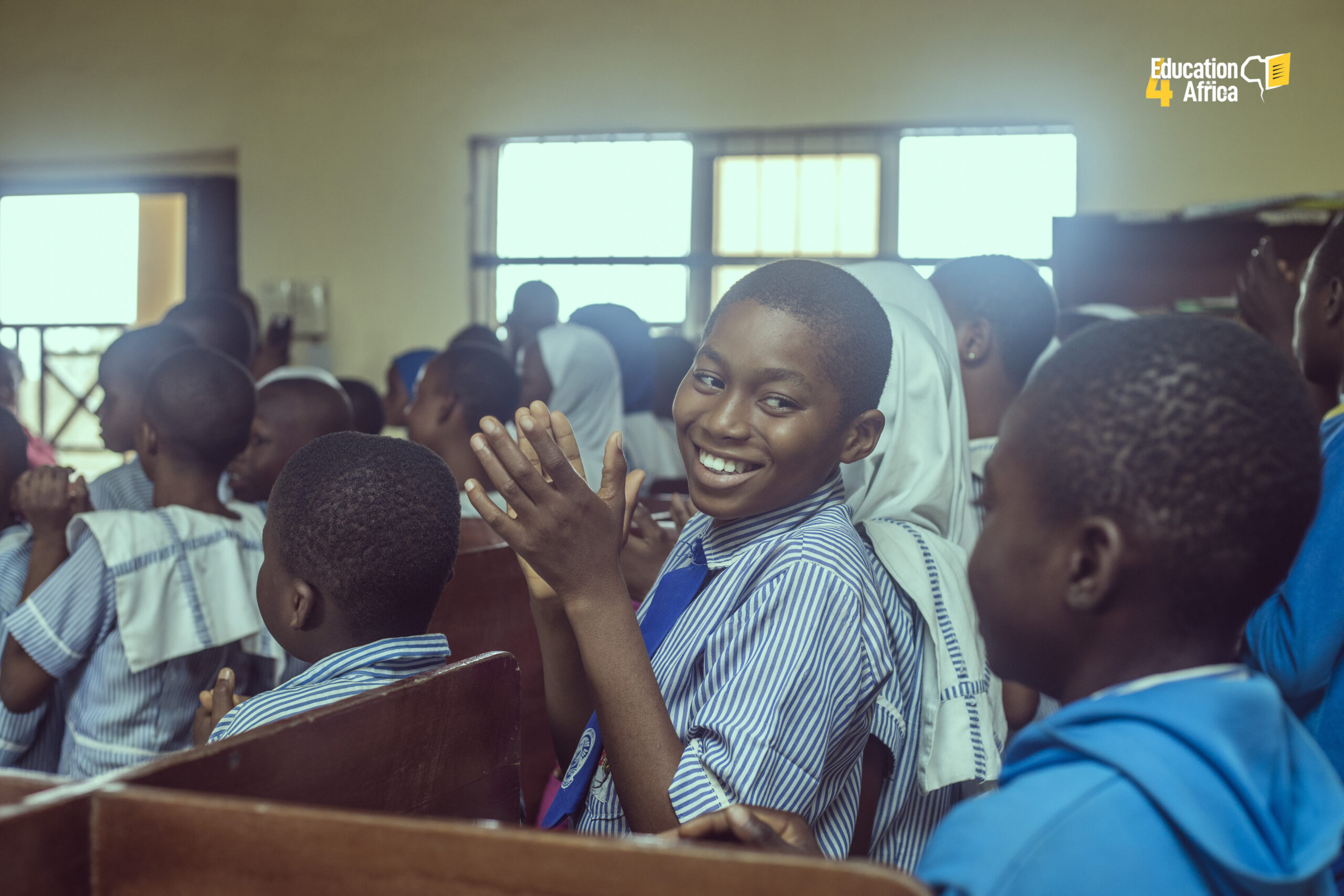Education is the bedrock of societal development. It is the key to unlocking a nation’s economic potential, and Nigeria is no exception. Unfortunately, the educational sectors in many developing countries of the world, including Nigeria, still have several hurdles to scale.
Nigeria has the highest number of out-of-school children in the world, with an estimated 10.5 million children not receiving formal education. This staggering number not only contributes to the country’s social and economic challenges but also limits these children from thriving within society and attaining individual growth.

Understanding Nigeria’s Educational System
It is essential to understand the Nigerian education system first before identifying the hurdles in it. In 2008, the federal government introduced the 9-year basic education curriculum to achieve the goals of the Universal Basic Education program (UBE). The Nigerian educational structure became 9-3-4, which includes 9 years of basic education, 3 years of senior secondary school education, and 4 years of tertiary education.
– Basic Education:- The 2014 national policy on education specified that basic education covers early child care and development education, pre-primary education, and primary and junior secondary education. The structure of the 9-year basic education curriculum includes the lower basic education curriculum (Primary 1-3), middle basic education curriculum (Primary 4-6), and upper basic education curriculum (junior secondary school 1-3). The 9-year basic education program and the most recent curriculum changes were implemented in 2014 across various schools in Nigeria.
– Senior Secondary Education: This is the education curriculum that covers the senior secondary level of education (senior secondary school 1-3). The current curriculum is structured to equip students with vocational skills apart from their formal education training. The West African examination council (WAEC) or national examination council (NECO) and the unified tertiary matriculation exam (UTME) are exams that secondary school students in the last class are expected to sit for and pass.
– Tertiary education: This involves education within the confines of the university where an undergraduate degree, a Master’s degree, and a Ph.D. degree are awarded in various disciplines. This may also include a diploma in education and other professional courses.

5 Significant Challenges of Education in Nigeria
Inadequate funding
This is one of the major challenges facing education in Nigeria. Research shows that from 2016 to 2022, the highest allocation to the education sector by Nigeria’s government was 8.4 %. This falls significantly short of the 15-20% of the annual budget for public education recommended by UNESCO for developing nations, resulting in numerous challenges faced by schools and students.
High cost of education
In Nigeria, about 10.5 million are out of school, with finance being a major reason. The free basic education offered by the Nigerian Government isn’t free indeed as there are a lot of hidden costs to be paid by students before they can access education. Even when accessed, the education received is not qualitative. For many Nigerian families, the cost of education is unaffordable, forcing them to prioritize their limited resources elsewhere to make ends meet.
Lack of access to quality education.
Despite Nigeria’s vast resources and potential, education is hampered by a lack of access to quality education. Many schools, particularly government-owned schools suffer from inadequate infrastructure, lacking essential infrastructural facilities such as well-equipped laboratories, properly furnished classrooms, libraries, and extracurricular facilities. These schools also lack basic facilities such as functional toilets, school clinics, electricity, and clean running water. As a result of the absence of these basic facilities, a lot of girls are discouraged from attending school.
Shortage of qualified and properly trained teachers
Nigeria’s educational system faces a significant issue due to the lack of trained teachers, with a staggering 60% of educators in public schools not receiving proper training. This directly impacts the quality of education and students’ learning outcomes. Limited funding for educators’ professional development, low motivation due to inadequate salaries, and a lack of interest in the teaching profession all contribute to the shortage of properly trained teachers.
Outdated curriculum
The sad reality is that the curriculum in Nigerian schools is outdated and not fully relevant to the current job market. There is a disconnect between what is being taught in the classrooms and the real-world skills and knowledge that students need to succeed. In Nigeria, the educational system predominantly focuses on theoretical knowledge of subjects, often overlooking the practical application of this knowledge to solve real-life problems. Beyond this, certain relevant skills such as creativity, problem-solving, and innovation are not catered for within the curriculum. This has left students with a limited set of practical skills, making it difficult for them to thrive in the rapidly changing job market.
References
UNESCO. (2022). Education: The Challenge. https://www.unicef.org/nigeria/education
Olateru-Olagbegi. A. (2015). A Critical Review of the Revised 9-Year Basic Education Curriculum (BEC) in Nigeria. SFU EdReview 2015. https://pdfs.semanticscholar.org/ab7a/7f2dac73fb66e7567d2d58a9117e845524d4.pdf
UNESCO. (2021). UNESCO Member States unite to increase investment in education.
Punch Nigeria. (2022). Education sector grossly underfunded. Retrieved October 15, 2022 from https://punchng.com/education-sector-grossly-underfunded-cbn-deputy-gov/.



